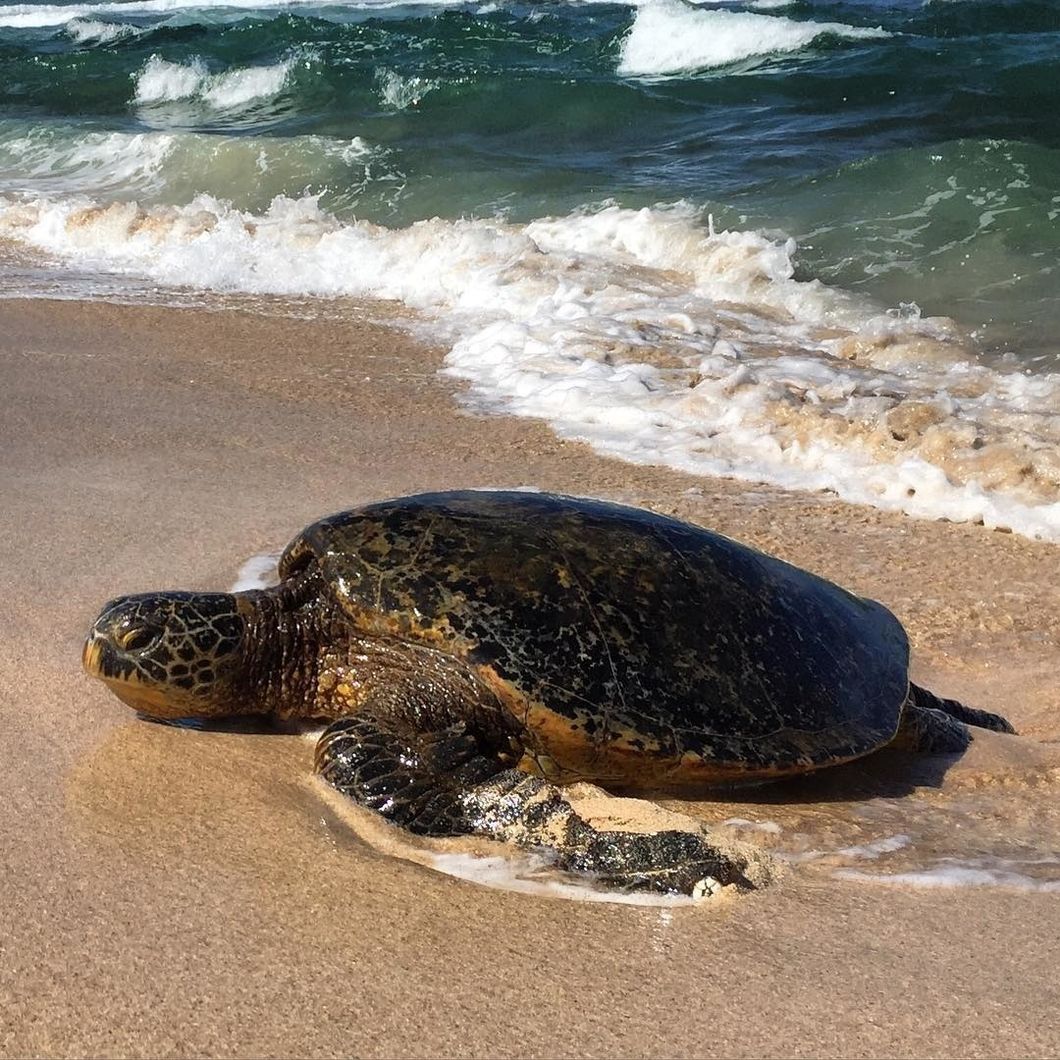Summer time is quickly approaching, which means every beach near and far will be packed with people. The beach is truly an amazing place for vacationing, relaxing, exercise, and conducting research on wildlife. Unfortunately, over the recent years, we have failed to take care of our oceans, our beaches, and the animals that live in the ocean. Our oceans have become filthy and polluted, and our beaches are covered in trash. Animals try to eat the trash and can die from it. It is not too late to make a change, and even one small person can make a huge difference! Here are some ways to help make our earth and oceans a happier and healthier place.
Boating:
Being on a boat during the summer is always so much fun, but driving your boat too fast can be harmful to some animals. Making sure to travel very slow in reefy or shallow areas is extremely important because your propellers can destroy wildlife or hurt an animal. Also, if you are boating and see an animal such as a seal, a whale, or turtles, it is super important to slow down and be very cautious of where you drive.
Be aware of what you bring to the beach:
Bringing an awesome picnic to the beach is always a great idea. While packing your picnic, you should try to use reusable items instead of garbage that could be left on the beach. Put your drinks in reusable water bottles, and pack your picnic lunch in a real basket instead of plastic bags.
Littering:
It is important that everyone brings everything they brought to the beach back home with them. Leaving your trash or belongings on the beach can harm the wildlife because they may mistake your trash for food. Unfortunately, if they try and eat the trash, they can become sick, choke, or die.
Picking up after yourself and others:
It is super important to not only pick up all of your trash on the beach, but it is also important to pick up other trash that may not belong to you. If you see that someone left something on the beach that shouldn't be there, simply pick it up and throw it in the trash or the recycling so that a bird or another animal doesn't get to it first.
Lastly, if you see something on the beach that is out of the ordinary, or you think wildlife could be in danger you could always report it to the lifeguard on duty or bring it to the town's attention. You can also call wildlife protection services for further instructions on how to rescue wildlife and how else you can contribute to protecting and saving our beautiful oceans and the creatures that live in it.



















